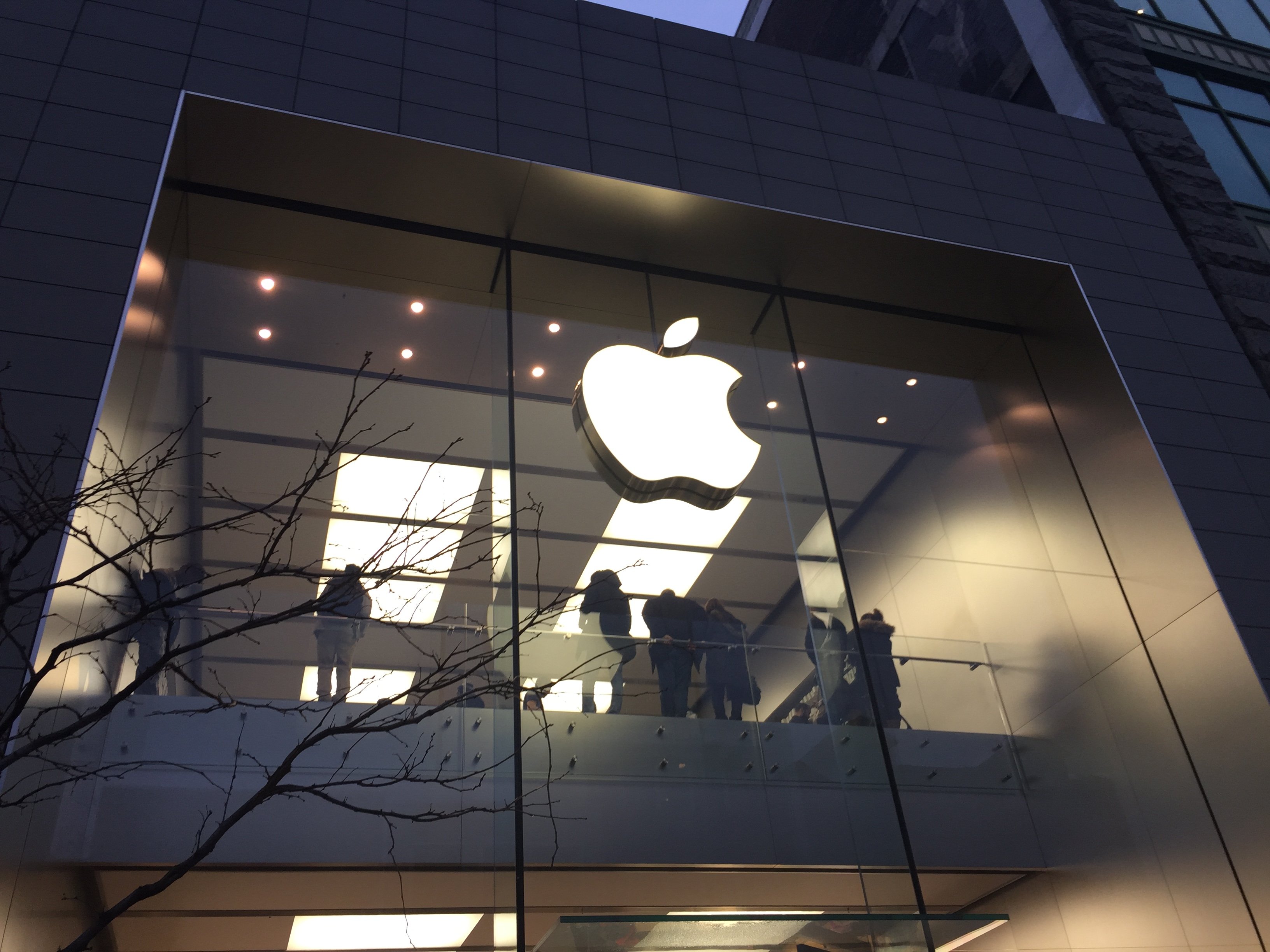Even though State Street may have taken one of the most vocal steps to-date, a growing number of investors are concerned with the impact of their actions on environmental, social and governance (ESG) factors. This manifested itself in the 2021 proxy voting season which saw an unprecedented number of shareholder proposals on environmental and social issues that came to a vote. The level of support these votes received was captured by Deloitte in its report, Deeper Engagement: Investor Behavior in the 2021 Proxy Season.
Our takeaways from the 2021 proxy season
The takeaways of the 2021 proxy season of Rothschild & Co Bank AG Zurich ("R&CoBZ"/"bank") were summarized in our recent Proxy voting report 2021:
- R&CoBZ voted for all the stocks the bank owns in the Mosaique funds as well as for stocks within client mandates (as of September 2021 and after a contractual update, unless a client opted-out of voting).
- This meant that the bank voted at annual general or extraordinary meetings of 33 companies with a total of 628 proposals, out of which 580 came from management while 48 came from shareholders.
- Overall, the bank voted "for" in 92% of the proposals and "against" for the remaining 8%. The top three regions were the US (51% of proposals), followed by the UK (22%) and Switzerland (8%). Regarding sectors, top three among total votes cast were Financial Services (e.g. Bank of America and American Express), Consumer Defensive (e.g. Nestle and Unilever) and Technology (e.g. Apple, Adobe).
To support the voting decisions and dedicated research of the bank, it relies on proxy voting recommendations from ISS (Institutional Shareholder Services). The bank’s equity analysts assess and analyze ISS’s recommendations by also collaborating with the research teams of other asset and wealth management business lines across R&CoBZ as well as our equity research partners at Redburn. To comply with the guidelines of the ISS, companies must commit to the "triple bottom line": Focusing on profit, people and the planet. Besides board independence and its composition, another factor that is closely monitored is compensation and how it is aligned with ESG targets. ISS also supports shareholder proposals which aim to progress environmental and social issues, thus leading to a positive transformation of businesses.
Looking ahead
The shift in voting practices is expected to continue in 2022 and should be examined in the context of the related underlying shifts that are currently happening in the corporate world. Changes are underway in both:
- “What” companies are supposed to address (including a growing number of environmental, social & governance (ESG) issues); and
- “Who” companies are supposed to address (reflecting a shift toward multistakeholder capitalism in which companies are placing a higher priority on serving the long-term welfare of constituents, beyond shareholders).1
A highly visible example of a business which recently came under shareholder criticism is Apple (see Case Study).

